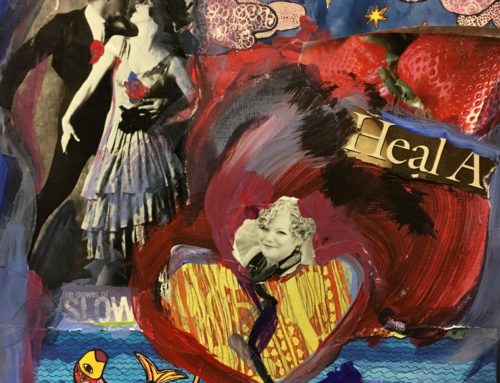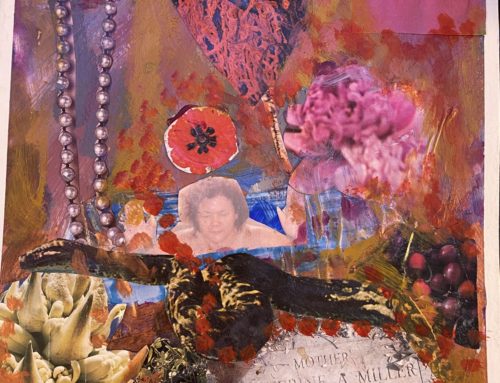I know that “Patience” is difficult for me. While I try to make the best of things, sometimes it is just not easy. As I count down the days to a surgical procedure, my mind wanders to all the “what if’s” and begins to spin into chaos. Thankfully, I have some tools to use to get me out of the hamster wheel of doubt and fear.
“Patience is calmly dealing with a difficult or frustrating situation.”
“Patience is a purposeful activity. When working on patience it is helpful to start with self-reflection.” How do you prompt yourself to be patient? A tool that I use is meditation. My wife and I sit each morning to focus on being present and the promise that the day holds. I check in with where I am feeling impatience.
What makes you feel impatient? It may help to make a list of things that cause you to recognize when you are feeling out of patience. When we try to be in control and change an outcome it can cause the discomfort of impatience. Often the solution is to change your mindset about the situation.
Here are some common signs of impatience:
Muscle tension
Shallow breathing
Hand clenching
Restless feet
Irritability or anger
Anxiety
Nervousness
Making snap decisions
When grief enters your life, you may feel the need to be in control of an uncontrollable situation. Patience at this time is very difficult to accomplish. Grief can manifest in many forms like impatience, confusion, depression and many other symptoms that need our attention. Developing the necessary tools to recognize and manage these stressors can be helpful in dealing with grief. That certainly is the case with the need to feel in control when we want something to be different from the way it is it.
Why is patience such a challenge for most of us?
Being in control is often a trick we play on ourselves in our attempt to bring order to chaos. It can dearly cost you if you constantly try to tie yourself up with controlling every aspect of your life. It can lead to deeper health issues and affect our self image. Whenever we try to change and exert control it can lead to anxiety.
Anxiety is classified as a mental health disorder especially when it involves high levels of fear and worry. Generally, the feelings that occur affect behavior and emotions which may also cause visible physical symptoms these can include:
Avoiding social gatherings – Isolating
Sweaty palms, dry mouth racing pulse
Restlessness
Irritability
Trouble falling asleep
Staying awake
Panic attacks
Fatigue or tiredness
Concentration issues
Many of these same symptoms are associated with grief. When I was in the middle of my grief over my daughter’s death, I had many of these ailments. What I learned from the Grief Recovery Method is that grief is about our uncommunicated feelings. When we take responsibility for them we can begin to alleviate the symptoms because we are engaging with our feelings rather than turning away and denying them. Taking small correct steps can make the difference. Talking about your feelings to someone can begin the process and set you on your own road to recovery.



Leave A Comment